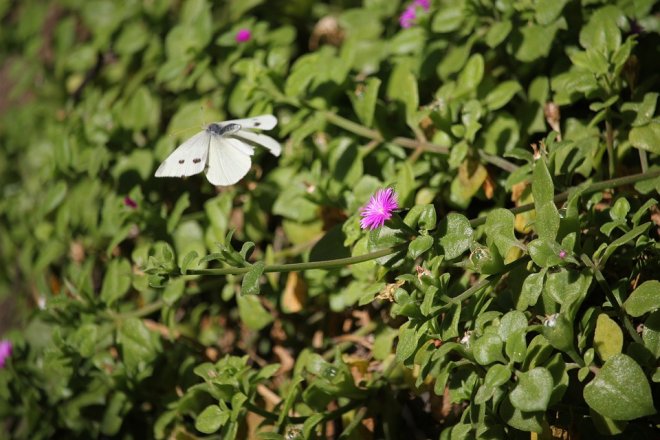
Considering invasive alien species a threat to the biodiversity, India is all set to plan effective strategies to combat the outbreak in the next three years.
Eminent scientists who attended a national conference about Invasive Alien Species stressed the vitality of developing an effective implementation plan to protect our nature. Invasive alien species (IAS) are the species whose introduction or spread outside their natural habitat threatens biological diversity.
The event took place on December 14, 2017 and it was organized jointly by Botanical Survey of India and the Zoological Survey of India. The National Conference was inaugurated by Manju Pandey, the Joint Secretary Ministry of Environment, Forest and Climate Change.
"By 2020 we have to come out with a strategy on how to control IAS. Some are dangerous and some are not dangerous. But the looming threat of invasive species is there not only for India but for the entire world," said D V Prasanna, the Additional Director of Indian Botanical Survey, Economic Times reports.
In a speech during the event, Kailash Chandra, the director of Zoological Survey of India said that invasive alien species are the second largest threat to biodiversity in the world.
"There are four biodiversity hotspots in India with around 47,000 species of plants and more than 1.6 lakh species of animals. Invasive alien species is the second most serious problem after global warming. There are many species of which we have no idea about their transportation and transmission. Some exotic species are also transported from one country to another country," added Chandra.








